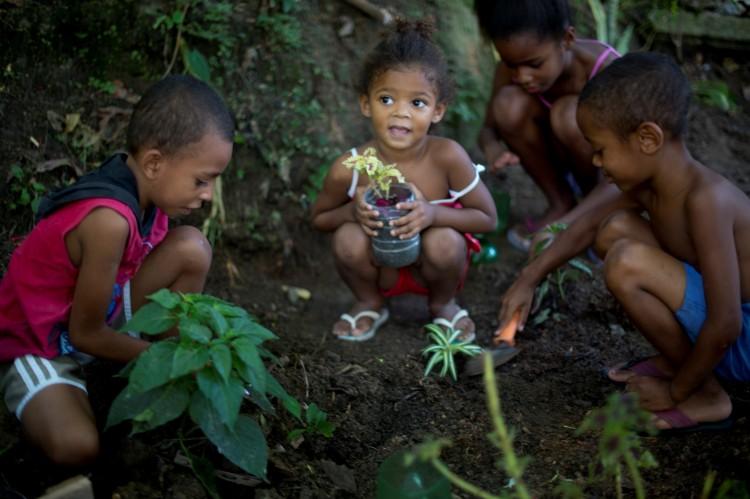Next week’s Rio+20 summit in Brazil is meant to pave the way to a sustainable future via building a global green economy and improving international coordination on sustainability issues.
As recent polls show, there is a growing consensus among consumers and sustainability practitioners that this is the only way forward. Yet analysts are not optimistic, seeing signs that politicians, preoccupied with the financial crisis, won’t be ready to make substantive commitments.
On Wednesday, Secretary-General of the Rio+20 United Nations Conference on Sustainable Development Sha Zukang, held a joint press conference with Luiz Alberto Figueiredo of the Brazilian Foreign Ministry, to mark the start of the third and final session of the preparatory committee before the main event June 20–22.
While admitting that there are still unresolved issues, Sha expressed optimism that the committee should be able to “clear brackets and fine-tune the text” of the action-oriented document that the conference delegates are supposed to adopt.
He also noted, however, that the pace of the negotiations must “drastically accelerate,” possibly confirming suspicions that there remain major disagreements among the participating countries.
“Time is precious,” Sha emphasized.
According to the June 13 edition “The Third World Network’s Bulletin on Rio+20,” during the last round of negotiations earlier this month, little of the actual wording was in place, and governments and groups were squabbling over the definition of green economy—one of the two main pillars of the conference—among other word choices that threatens to water down the final document.
Nevertheless, Sha Zukang stressed in the briefing that this summit is different in that it is not focused on new treaties, but tangible actions and a transformative outcome. Besides governments, numerous voluntary commitments will be made by nongovernmental organizations and compiled during the conference, Sha said.
Chris Coulter, president of GlobeScan public opinion consultancy with a focus on sustainability, says he believes the global governance system is coming up against its limit when it comes to managing complex problems such as sustainable development.
“These issues are all linked, so while the instinct is to break them down into discrete issues to make progress, the real challenge is addressing them in concert, which is very difficult to do in a summit format,” he said.
Robert Costanza, professor of Sustainability at Portland State University, also thinks bigger changes are needed. In an editorial he recently wrote for Al-Jazeera, he outlined his hopes for Rio+20 becoming a “tipping point” in history, but acknowledged this would require a global change in worldview, where the current economic model of “growth at all costs” is replaced.
“We need a new model that focuses more directly on sustainable human well-being,” he told The Epoch Times. “It is not a sacrifice of our well-being to shift to this new model—it is a sacrifice not to.
Costanza mentioned the Bhutanese government’s index of “gross national happiness,” where well-being and happiness are seen as integral to a holistic approach to development. One might think that this is a somewhat quaint concept from a small mountain kingdom, but Costanza says these kinds of ideas are gaining more traction.
“There are obviously very different views among world leaders on these issues, but there is a growing consensus that the current model is broken and we need an entirely new approach,” he said.
One aspect of changing the global mindset could be moving away from the idea that focusing on sustainability and a green economy necessarily require economic sacrifice—something that is hard to do during a time of economic crisis.






